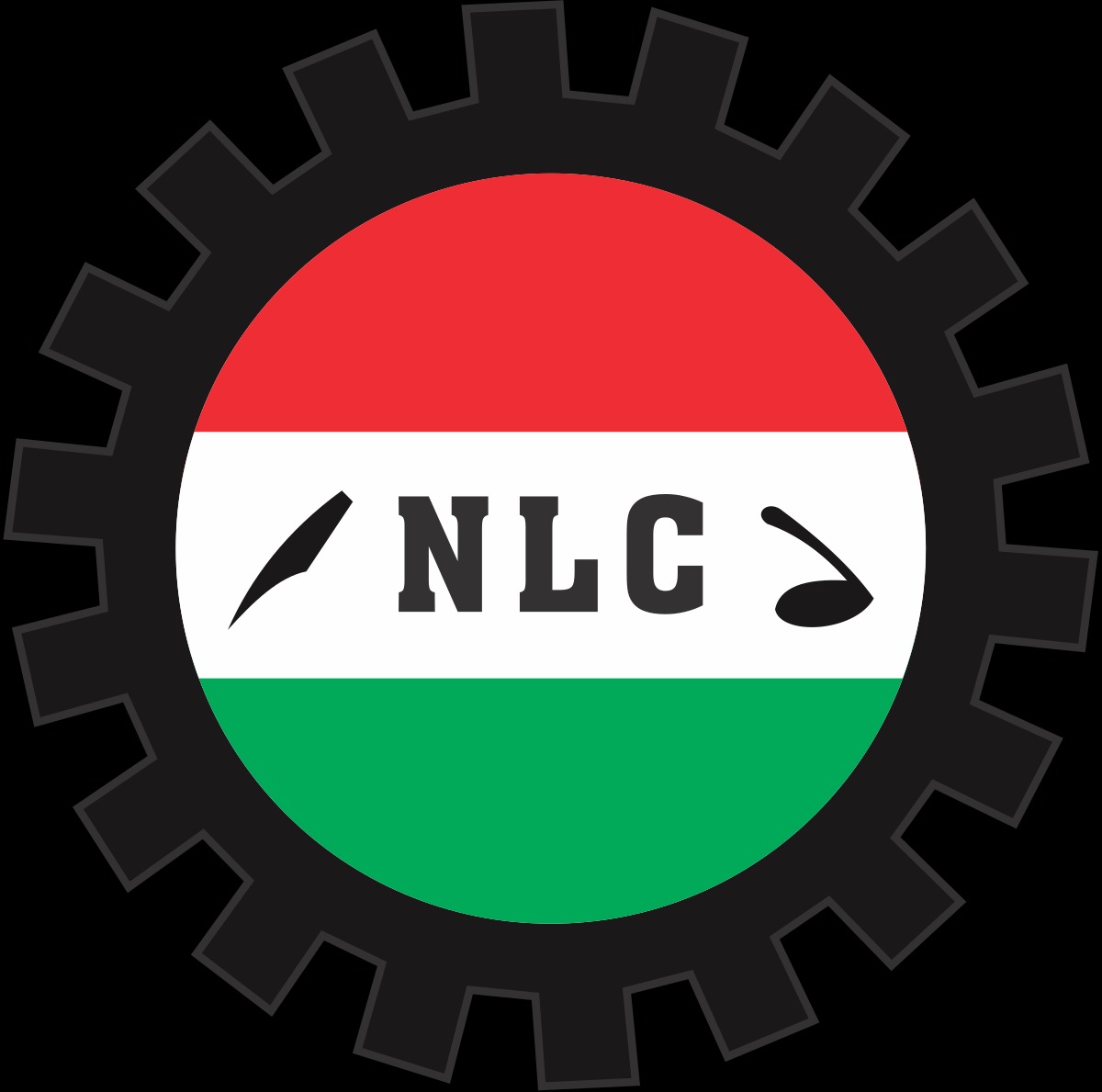NLC Demands 50% Wage Increase: Workers Struggle to Keep Up with Soaring Inflation
by Admin ·
 Nigerian workers, under the leadership of the Nigeria Labour Congress (NLC), have once again called for at least a 50 percent wage increase to alleviate the effects of the country’s unchecked inflation. This demand was reiterated by a senior NLC executive . The wage increase request follows barely six months after the minimum wage was raised in July 2024.
Nigerian workers, under the leadership of the Nigeria Labour Congress (NLC), have once again called for at least a 50 percent wage increase to alleviate the effects of the country’s unchecked inflation. This demand was reiterated by a senior NLC executive . The wage increase request follows barely six months after the minimum wage was raised in July 2024.
Rising Cost of Living Spurs Wage Review Demand
The workers’ primary concern is the increasing cost of living, which has far outpaced the impact of the previous wage rise. The NLC’s call is not for a new minimum wage, but for a review of wages across the board. The union has already held talks with government officials, including the Secretary to the Government of the Federation, where ministers acknowledged the pressing need for a wage review due to the country’s inflation. The union intends to formally write to the government to initiate the review.
A senior NLC member, speaking on condition of anonymity, explained, “We’ve already agreed that due to inflation, a wage review is necessary. The leadership of NLC will soon meet to determine the exact amount.” They also suggested that the government should reconsider its economic policies, many of which, according to the NLC, have caused widespread hardship.
The Erosion of the Minimum Wage
Despite the approval of the N70,000 minimum wage in July 2024, rising inflation and fuel prices have significantly diminished its value. For instance, in July 2024, the price of Premium Motor Spirit (PMS) was N770.54 per litre, but by January 2025, it had surged to between N935 and N1,100 per litre—an increase of up to 30 percent. The National Bureau of Statistics recently reported that headline inflation has reached 34.60 percent, while food inflation stands at 39.93 percent.
These increases have led to a significant reduction in the purchasing power of workers. As the cost of goods and services continues to skyrocket, the N70,000 wage is no longer sufficient to meet workers’ basic needs.
Concerns Over Tax Reforms
In addition to the wage review, the NLC has also raised concerns about the ongoing tax reforms, particularly the government’s proposal to raise taxes on low-income workers. The union is advocating for a higher tax-free threshold, suggesting it should be increased from N800,000 to N1.5 million annually. NLC President Joe Ajaero had previously commented on the issue, warning that the current tax structure would burden workers who can least afford it.
The NLC source argued, “It is unfair to ask workers earning N70,000 annually, or N840,000 for the year, to pay taxes, while the threshold for tax exemption is set at N800,000. Inflation has made it impossible for these workers to afford even the basics, and yet the government wants to take more from them. If the government is serious about protecting low-income workers, the tax-free threshold should be N1.5 million.”
A Growing Economic Burden
The NLC’s criticisms extend beyond wage reviews and taxes. The union has voiced discontent with the broader economic policies under President Bola Tinubu’s administration, arguing that the government’s economic agenda has not addressed the fundamental needs of Nigeria’s working class. Workers are now facing a situation where rising costs, stagnant wages, and higher taxes are adding to the already overwhelming economic burden.
While the government has defended the proposed tax reforms as necessary for restructuring the economy, the NLC believes that such reforms will only exacerbate the struggles of Nigeria’s workers. The union is calling for urgent action to address these concerns, emphasizing that the government must find ways to ease the economic pressure rather than increasing it.
In conclusion, the NLC is calling for a wage review to match the escalating cost of living, as well as a reconsideration of tax policies that unfairly burden lower-income workers. The union’s demands underscore the ongoing struggle faced by Nigerian workers as inflation continues to erode their livelihoods.













